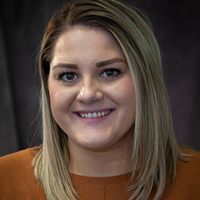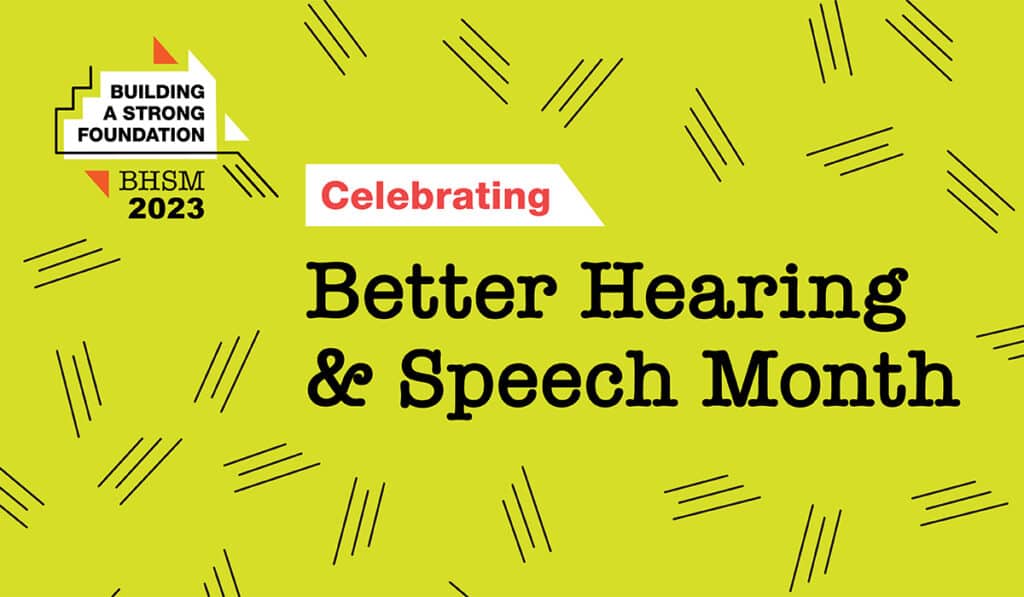
Should your marketing budget include room for paid digital advertising? It may seem like enough to rely on organic methods, but committing to an effective, comprehensive digital marketing strategy means including paid advertisements that will put you at the top of search engines. Not only will you become more competitive in your market, but you’ll bring more real, qualified leads to your practice.
Paid search advertising may come across as a very technical (sometimes expensive) subject, but with the right knowledge, team, and skills behind you, you can make your paid digital media strategy work for you.
What is Paid Search Advertising?
There are a lot of different avenues of paid digital media, but we typically focus on paid search advertising for hearing healthcare related keywords. Pay-per-click (PPC) advertising is the most common form of paid search advertising, and part of your digital strategy with Iris+ by CQ Digital includes PPC ads on Google and Bing. This strategy means you’re bidding on certain keywords or phrases to be at the top of the search engine results page (SERP). For example, if you have a practice in Nashville, Tennessee, you want to rank for keywords that patients in your area might be searching for like, “audiologists in Nashville” or “audiologist near me.” If you’re spending money on those keywords, your practice’s website would hopefully be the first to show up and the site patients will click on.
Before you jump into spending on paid media, here’s what you should know about adding paid search advertising to your digital marketing strategy:
1. Paid Search Advertising Helps Practices and Patients
Paid digital advertising is important for both your practice and patients because it puts you at top of mind and helps connect you with more patients in need of hearing health care. When you’re putting the effort towards your digital marketing, you’re going to get more of a return. It’s a very competitive space, so it’s important for you to have the right tools, the right team behind you, make sure that everything is being managed, and you’re paying for clicks that are going to be actual opportunities and not people just clicking through. You want every click to be a quality lead.
2. Your Competition Uses Paid Media
Paid media is becoming increasingly common in hearing healthcare marketing, so it’s important to stay competitive. Many practices use general ad agencies or other paid media sources, but they may not specialize in hearing healthcare or healthcare at all. Iris+ is focused solely on hearing healthcare, so members often see significantly better results when they switch to this platform.
3. Paid Media Helps Your Organic Search Results
Paid media is worth the investment because you are getting quality leads that turn into real patients, your practice becomes top of mind for your community, and your paid media also helps your organic search performance. If you have a strong paid media presence and people are visiting your site, that will help you rank higher and be seen as more credible with Google.
4. Results Require Patience
One of the best practices when it comes to paid media is to allow the campaign to do its work. Sometimes people can get discouraged when they don’t immediately see a low cost per lead or call, but depending on your market, your paid advertising may take a few months to really start showing you the results you’re looking for. Let your paid media run its course and gather about two quarters of data. Then you can make any changes if you need to and optimize. If you stop it too soon, you won’t be able to collect that necessary data. You should also always be using a tracking number so you can track the leads to the best of your ability and make sure the landing page you are leading users to is exactly what you need. That may be a form fill, homepage, services page, or a page to book an appointment.
5. Keywords Are Market Dependent
Keywords are the words or terms that people are searching for online. We use special tools to figure out these what these keywords are in your market, and what the most valuable keywords to bid on are. For example, a lot of people in your area might be searching for earwax removal, tinnitus management, or ringing in your ears, it doesn’t have to be super specific. They could also be searching for reasons their hearing aids are not working or how to clean their device. We decide what to bid on based on how many times that that keyword or phrase has been searched in the area.
6. Your Paid Media Budget is Not a Guess
There are a number of factors to consider when determining how much to spend on paid media. These include:
- The competition in your area
- Population density in your area
- The types of keywords you’ll be bidding on
Iris+ and the CQ Digital team takes all of these into consideration and combines it with experience from hundreds of hearing healthcare paid ad campaigns to recommend your digital advertising spend. Platform users are presented with a minimum option, and other options that will better help them accomplish their specific goals.
7. Metrics Matter
There are a few ways to tell if your paid media is paying off. The obvious sign of a working campaign would be new patients coming in and your schedule being filled. You’ll also have to look at key metrics which should be provided on through your digital marketing platform. If you participate in Iris+, you receive a quarterly report that goes over your cost per lead, the amount of form fills, phone calls, and appointment scheduled from your paid ads, and more.
Paid media can be difficult to figure out on your own, but the digital experts at CQ Partners make it easy to develop a campaign that gets you results. Discover hearing healthcare’s most comprehensive, effective digital marketing platform — Iris+ by CQ Digital.










